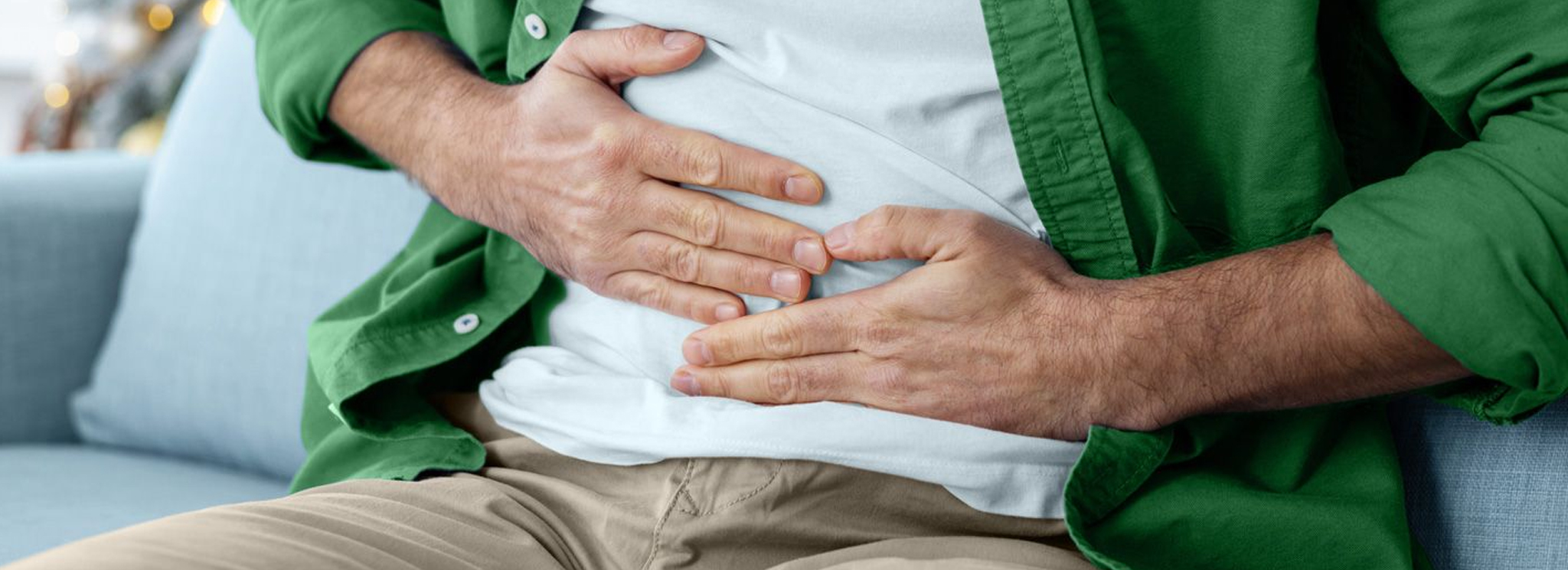
Norovirus is an extremely infectious virus leading to gastroenteritis, characterized by inflammation of the stomach and intestines. People often call it the “stomach flu,” although it is not related to the influenza virus.
Outbreaks often occur in crowded places like cruise ships, nursing homes, schools, and restaurants.
What Are the Symptoms of Norovirus?
Symptoms usually appear 12 to 48 hours after exposure to the virus. Staying hydrated is important, as vomiting and diarrhea can lead to dehydration. People with weakened immune systems can experience more severe symptoms.
The common symptoms of norovirus typically include:
- Nausea
- Vomiting
- Diarrhea – can be watery
- Stomach cramps
- Stomach pain
- Fever
- Headache
- Muscle pain
- Body aches
- Headache
- Dehydration from vomiting and diarrhea
If you have severe symptoms, cannot keep fluids down, or are dehydrated, go to your local Emergency Room for quick care.
How Does Norovirus Spread?
Norovirus spreads primarily through the following ways:
- Eating or drinking water that has been contaminated by the virus.
- Eating foods prepared by a person infected with Norovirus.
- You have direct contact with someone infected with Norovirus.
- Sharing utensils and other personal items.
- Touching contaminated surfaces.
- Touching your face or mouth can lead to infection.
- Airborne particles can become aerosolized in the air (like during vomiting).
How Long Does Norovirus Last?
Norovirus typically lasts about 1 to 3 days in most healthy individuals. Symptoms usually begin 12 to 48 hours after exposure to the virus.
While the main symptoms usually go away in a few days, some people may still feel tired or have ongoing stomach problems.
How Long Are You Contagious with Norovirus?
Norovirus is highly contagious. Individuals infected with it can spread the virus from the moment they start feeling ill. This can last until at least 48 hours after their symptoms have resolved.
Some people may continue to shed the virus in their stool for weeks after recovery.
What is the Treatment for Norovirus?
Norovirus does not have a specific treatment or antiviral medication. The primary focus for managing a norovirus infection is to relieve symptoms and prevent dehydration.
Here are some general recommendations:
- Be sure to hydrate with water and electrolyte drinks.
- Make sure you get enough rest.
- Once vomiting has subsided, start with bland foods like crackers, toast, bananas, or rice to help ease your stomach.
- People may use over-the-counter medications like anti-nausea drugs.
- Practice good hand hygiene to prevent the spread of the virus.
How Long Does Norovirus Live on Surfaces?
Norovirus can survive on surfaces for an extended period. Typically ranging from a few days up to several weeks. This depends on the type of surface and environmental conditions.
For instance, it can persist on hard surfaces like countertops and doorknobs for about 7 days or more. Softer surfaces may harbor the virus for a shorter duration.
To reduce the risk of transmission, regularly disinfect surfaces, especially during outbreaks or after someone has been sick.
Experts often recommend using bleach-based cleaners to effectively kill norovirus on surfaces.
What Are Common Food Sources for Norovirus?
Common food sources for Norovirus often include:
- Leafy Greens
- Fresh Fruits
- Shellfish: Raw or undercooked
- Ready-to-Eat Foods
- Uncooked Foods
How to Prevent Getting Norovirus?
Preventing norovirus involves a few key practices to help reduce your risk of infection. Here are some effective strategies:
- Wash your hands thoroughly with soap and water.
- Wash your hands especially after using the bathroom, changing diapers, and before eating or preparing food.
- Hand sanitizers can be useful, but they are not as effective as soap and water in killing norovirus.
- Regularly clean and disinfect frequently-touched surfaces.
- Use a bleach-based cleaner or other effective disinfectants that can kill norovirus.
- Wash fruits and vegetables thoroughly before eating and cook seafood to safe temperatures.
- Avoid preparing food for others if you’re feeling unwell.
- Drink plenty of fluids to prevent dehydration.
- Limit your contact with infected people.
- Stay home to prevent spreading it to others.
- Wait at least 48 hours after symptoms have resolved before returning to work or school.
- Wash clothing and linens separately in hot water and dry them thoroughly to help eliminate the virus.

